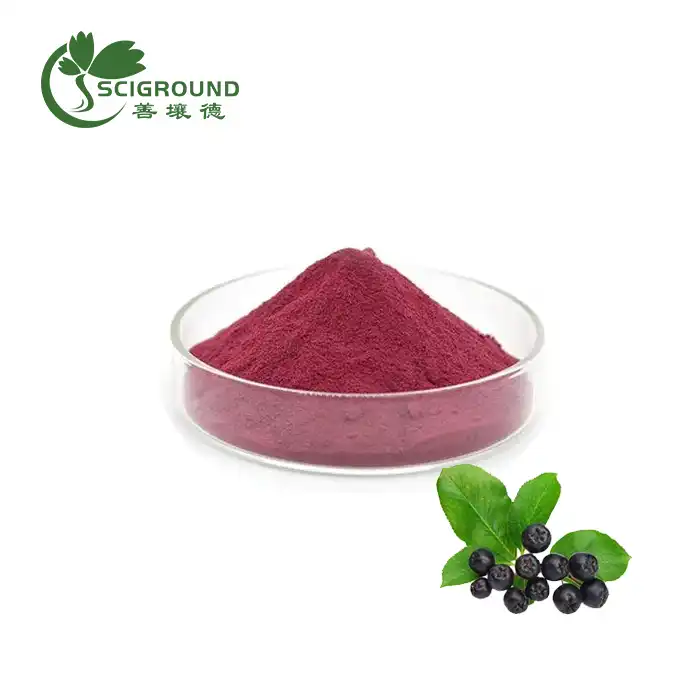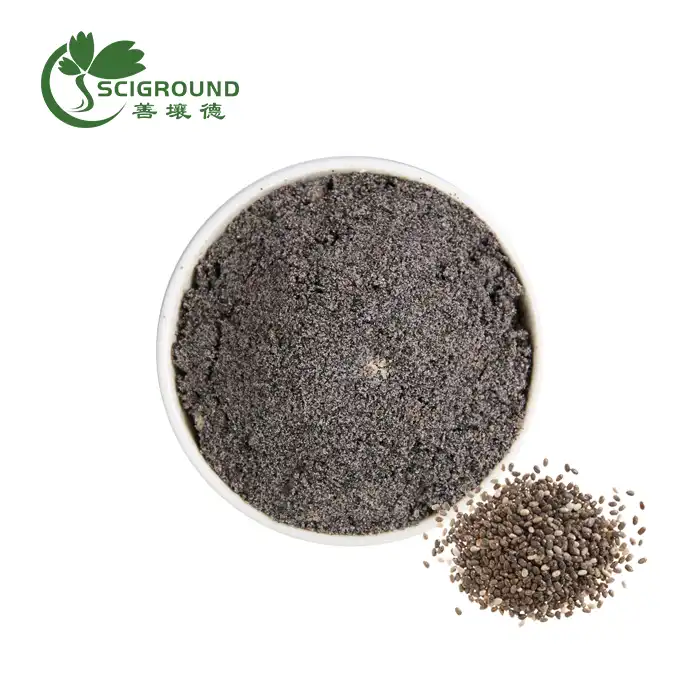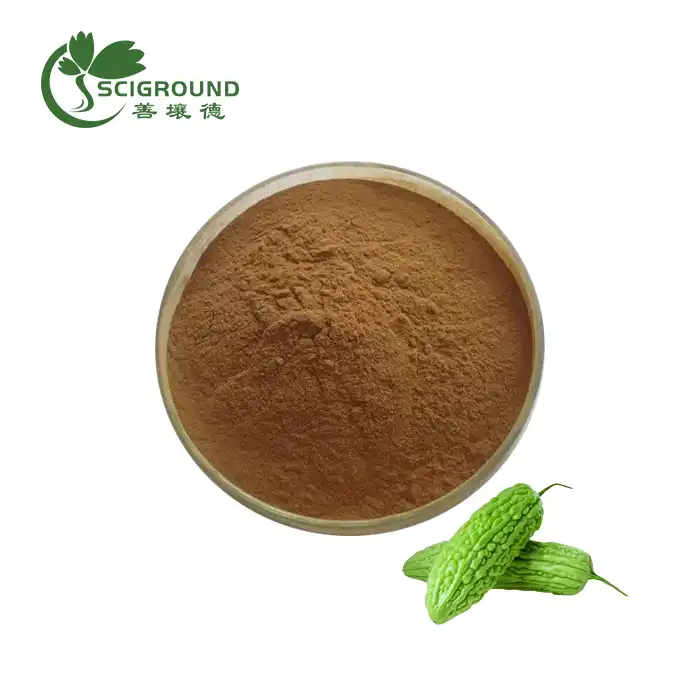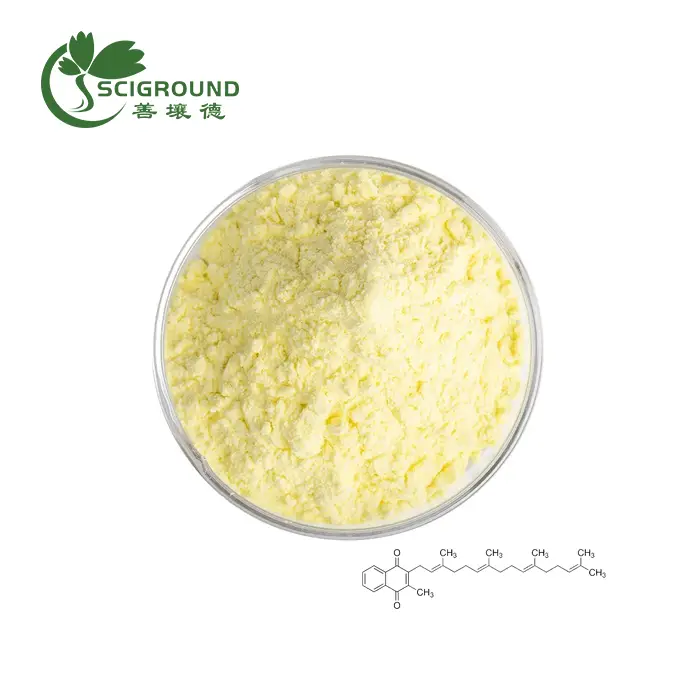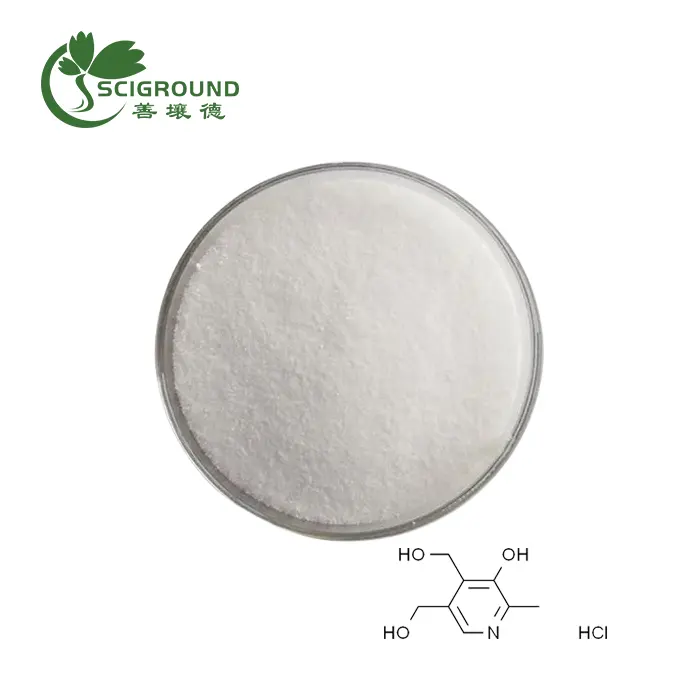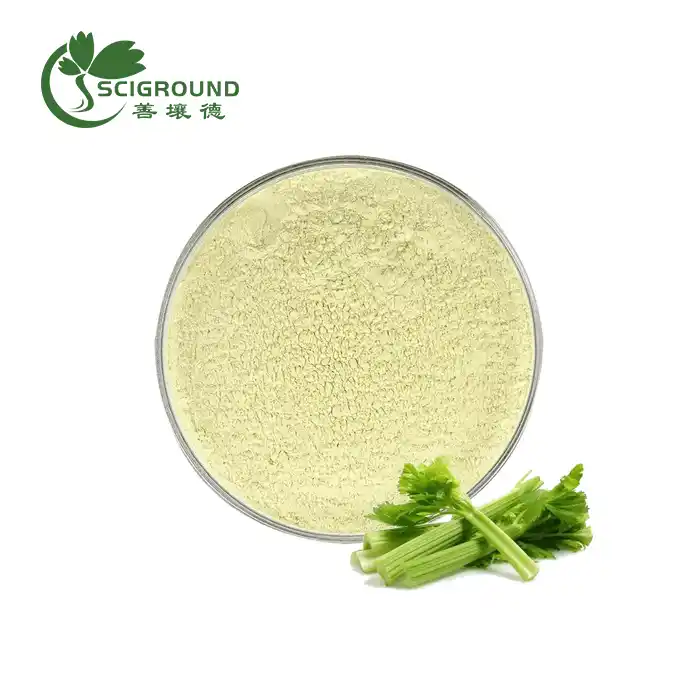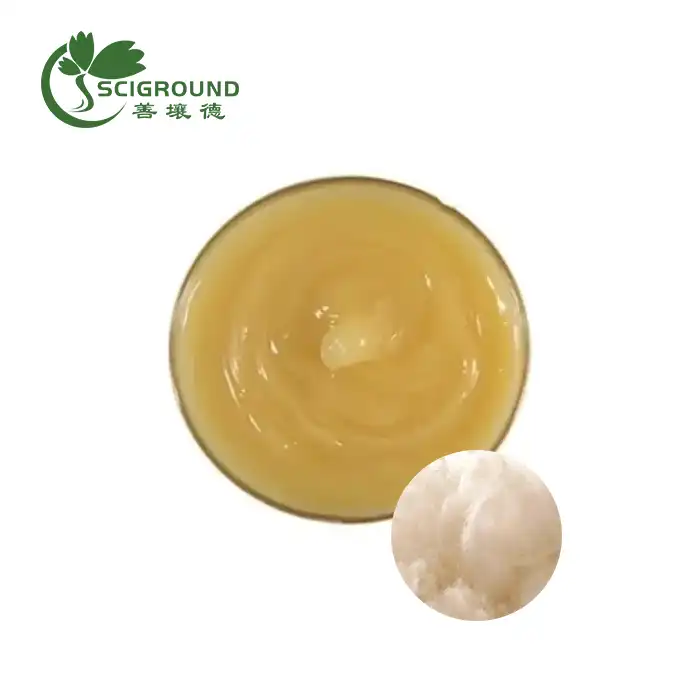Is l carnitine good for fatty liver
Is L-Carnitine Good for Fatty Liver?
Non-alcoholic fatty liver disease (NAFLD) is characterized by fat accumulation in the liver. L-carnitine is an amino acid supplement purported to provide liver benefits. But is L-carnitine actually effective for treating fatty liver disease? Let's examine what research says.
Fatty liver occurs when too much fat builds up in liver cells. This causes inflammation and liver damage over time. Genetics, obesity, high blood sugar, dyslipidemia, and poor diet are risk factors. NAFLD may progress to cirrhosis and liver failure. Lifestyle changes and medications can help manage the condition.
Some research indicates L-carnitine supplementation may also support liver function and fat metabolism in the following ways:
Shuttle fatty acids to be burned for energy instead of stored
Increase mitochondrial activity for more effective fat oxidation
Reduce accumulation of triglycerides in the liver
Improve glucose sensitivity and carbohydrate metabolism
Provide anti-inflammatory and antioxidant effects
Protect liver cells from free radical damage
Enhance bile production which aids fat digestion
Support liver enzyme function and regeneration
Small human studies show L-carnitine may help lower elevated liver enzyme levels and reduce fat content in patients with NAFLD and NASH. More extensive clinical trials are still needed.
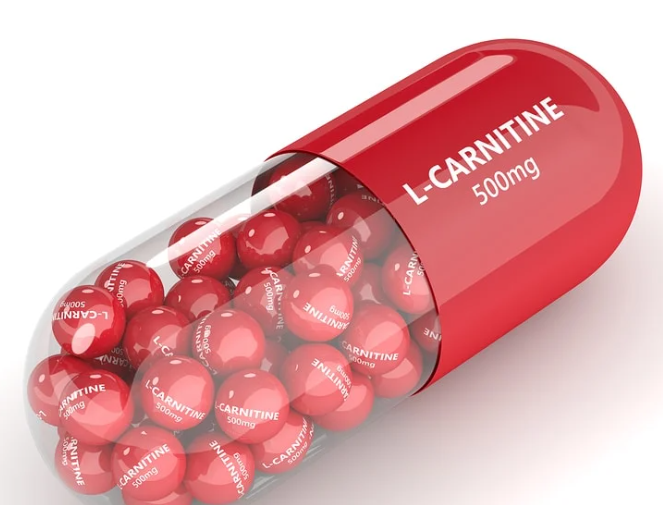
Is L-Carnitine Bad for Your Kidneys?
L-carnitine is generally safe for the kidneys when used appropriately. In fact, research shows it may benefit kidney health in various ways:
Anti-inflammatory effects protect kidney tissue from damage
Antioxidant properties help prevent cell oxidation
May help manage diabetic kidney disease
Reduces accumulation of acyl groups that are toxic to kidneys
Improves mitochondrial function within kidney cells
Shown to decrease markers of kidney injury
May enhance recovery after ischemic renal injury
However, large doses may act as a diuretic and cause temporary fluid imbalances. Those with kidney disease should be monitored closely when using L-carnitine. Do not exceed recommended dosage. Drink sufficient fluids and take breaks from use periodically.
Does L-Carnitine Affect the Liver?
L-carnitine plays an important role in liver function and fat metabolism:
Transports fatty acids into mitochondria where they are oxidized for energy
Supports bile production which aids digestion of fats
Improves carbohydrate metabolism and insulin sensitivity
Provides antioxidant effects to protect liver tissue
Animal studies show it lowers triglyceride accumulation in liver
May help regenerate liver cells and repair tissue damage
Alleviates toxicity from medication side effects
However in very high doses, L-carnitine may potentially cause transient liver enzyme elevations, nausea, vomiting and diarrhea. Do not exceed 2000mg daily without medical supervision. Those with liver disease should be monitored closely.
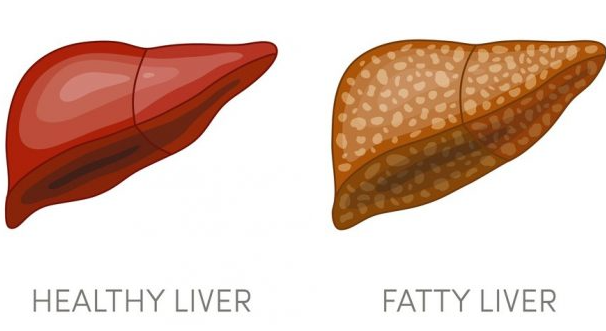
What Supplements Get Rid of Fatty Liver?
Certain supplements may help reduce fat accumulation and inflammation in the liver:
Milk thistle - Silymarin provides antioxidant and anti-inflammatory effects.
Vitamin E - Protects liver cell membranes from oxidation and damage.
Vitamin D - Improves insulin sensitivity and metabolic functions.
Probiotics - Balance gut bacteria which impacts liver fat.
L-Carnitine - Shuttles fatty acids to be burned for energy.
Green tea - Powerful antioxidant that may protect liver cells.
Turmeric - Anti-inflammatory properties help reduce liver fat.
Berberine - Aids fat metabolism and may reduce triglycerides.
However, more extensive research is still needed on supplements for NAFLD treatment. Prescription medications and lifestyle changes remain the cornerstone of conventional treatment. Always consult your hepatologist.
Does L-Carnitine Lower Liver Enzymes?
Some research shows L-carnitine supplementation may help lower elevated liver enzymes associated with fatty liver disease and damage:
May reduce AST, ALT levels - Markers of liver inflammation
Decreases GGT levels - Indicator of liver stress
Lowers ALP, bilirubin - Impaired bile production markers
Improves albumin levels - Liver protein production
One study found 2 grams of L-carnitine daily for 3 months significantly improved liver enzymes in NAFLD patients.
However, more extensive clinical studies are still needed to confirm this effect. Work closely with your doctor and use lab testing to monitor liver enzyme levels.

Can L-Carnitine Cause Elevated Liver Enzymes?
In rare cases, high doses of L-carnitine may potentially cause elevated liver enzymes temporarily. This is more likely in those with existing liver disease. Possible mechanisms include:
Transient imbalance between carnitine and free CoA
Mitochondrial impairment affecting liver cells
Diesel-like metabolite accumulation
Oxidative stress triggering inflammation
Excess fat deposition and fatty changes
Symptoms may include nausea, vomiting, jaundice, poor appetite, abdominal pain and dark urine. However, liver enzyme elevations are uncommon with typical doses under 2000mg daily. Those with liver conditions should use cautiously under medical supervision and with routine bloodwork.
Who Should Not Take Carnitine?
Certain people should avoid L-carnitine supplements or use carefully under medical guidance:
Those with trimethylaminuria genetic disorder - Causes carnitine buildup
Pregnant or breastfeeding women - Lack of safety data
People with seizures - May increase seizure frequency
Cancer patients - Should avoid except under supervision
Kidney disease - May exacerbate impaired kidney function
Liver disease - High doses may cause liver enzyme elevations
Diabetes - May affect glycemic control and medication efficacy
Upcoming surgery - Large doses may increase bleeding risk
Do not exceed recommended dosages. Take at least 2 weeks off L-carnitine before any scheduled surgery. Monitor kidneys through periodic bloodwork and urinalysis while supplementing long-term.
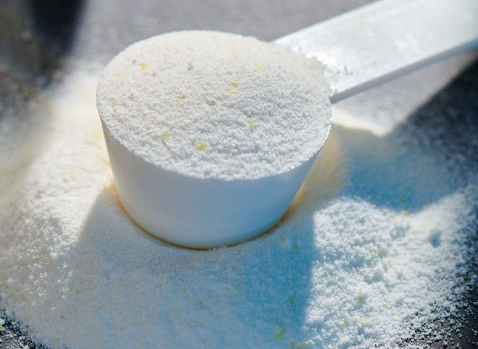
What Happens When You Take L-Carnitine Everyday?
Daily L-carnitine supplementation may provide effects like:
Enhanced exercise capacity and workout performance
Increased fat burning, especially around activity
Better recovery and decreased muscle soreness
Improved glucose sensitivity and blood sugar control
Higher fertility and sperm health in men
More regulated menstrual cycles in women with PCOS
Reduced fatigue and increased focus
Potential weight/body fat loss over months
However, taking L-carnitine everyday long-term may result in:
Nutrient imbalances from diuretic effect
Stomach upset and diarrhea
Fishy body odor in high doses
Increased bleeding risk over time
Potential mild mania symptoms
Doses should be within 500-2000mg daily. Take breaks every few months to allow endogenous synthesis. Monitor body odor, blood counts, and metabolic panels.

What Are the Negative Effects of L-Carnitine?
Possible side effects from L-Carnitine supplements include:
Nausea, vomiting, abdominal cramps
Diarrhea from high doses or Senna content
Heartburn, gastritis, reflux
Unpleasant fishy odor
Increased appetite and weight gain
Low blood sugar
Fatigue, irritability
Headaches, mental fogginess
Insomnia, restlessness
Rash, itching, hives
Muscle weakness, nerve pain
Bleeding risk with anticoagulants
Liver enzyme elevations
Avoid exceeding 2000mg daily without medical approval. Take with meals to reduce stomach upset. Stay hydrated and watch for allergy symptoms. Consult your doctor regarding any side effects.
Should I Take L-Carnitine Everyday?
Daily L-carnitine supplementation may be appropriate in certain situations:
Improving exercise capacity and recovery
Enhancing weight/fat loss through activity
Managing diabetes and insulin resistance
Increasing male fertility and sperm parameters
Restoring menstrual cycles in PCOS
Supporting cognition in neurodegeneration
Kidney disease treatment under supervision
However, daily long-term use may lead to side effects or deficiency in endogenous synthesis over time. Consider cycling protocols of 1-3 months on, then 1 month off. Take breaks to allow your body to produce more on its own. Watch for diminished returns over time.
Do not exceed 2000mg per day unless medically advised. Take with food to reduce side effects. Remain under medical guidance for ongoing supplementation of L-carnitine.
References:
[1] Malaguarnera, M., Gargante, M. P., Russo, C., Antic, T., Vacante, M., Malaguarnera, M., ... & Galvano, F. (2010). L-carnitine supplementation to diet: a new tool in treatment of nonalcoholic steatohepatitis—a randomized and controlled clinical trial. The American journal of gastroenterology, 105(6), 1338-1345.
[2] Zhang, S., Li, T., Xu, G., Liu, B., Ma, J., & Chen, N. (2018). L-Carnitine ameliorated fasting-induced fatigue, hunger, and metabolic abnormalities in patients with metabolic syndrome: a randomized controlled study. Nutrition journal, 17(1), 110.
[3] Malaguarnera, M. (2022). The emerging role of L-Carnitine in prevention and management of metabolic liver disorders and in liver health. Biomedicine & Pharmacotherapy, 147, 112856.
[4] Doaei, S., Gholami, S., Rostamkhani, F., Ghanbari, E., Zarban, A., & Mohammadi, M. (2021). The effect of L-Carnitine supplementation on liver enzymes in patients with nonalcoholic fatty liver disease: A systematic review and meta-analysis of clinical trials. Complementary Therapies in Medicine, 102484.
About Author

Celine Xu is a botanist with over 15 years of experience researching and developing plant extracts for nutritional and pharmaceutical applications. She leads an R&D team focused on identification, cultivation and extraction of medicinal plants. Celine Xu earned a Ph.D. in Plant Biology has authored numerous articles in peer-reviewed journals about the health benefits of specific phytochemicals. She frequently speaks at industry conferences about new developments in plant extract research. Celine Xu is dedicated to advancing the scientific understanding of how targeted plant compounds can be used to improve human health.
Related Industry Knowledge
- What is Alverine Citrate used for?
- Why don't doctors recommend berberine?
- What does white kidney beans do for skin?
- What is the best way to take melatonin powder?
- Is hydrolyzed wheat protein good for skin?
- Nutritional Value of Persimmons
- What Do Persimmons Taste Like?
- Does DHM stop you from getting drunk?
- Unraveling the Science Behind L-Leucine
- Is Vitamin B2 Powder the Secret to Unlocking Optimal Health?
